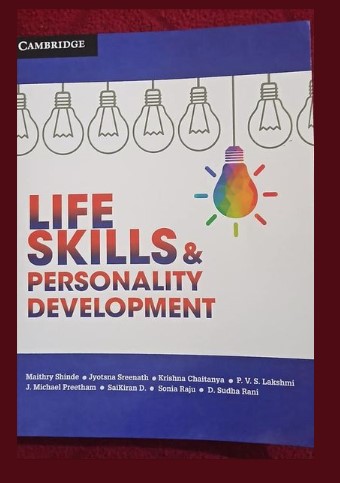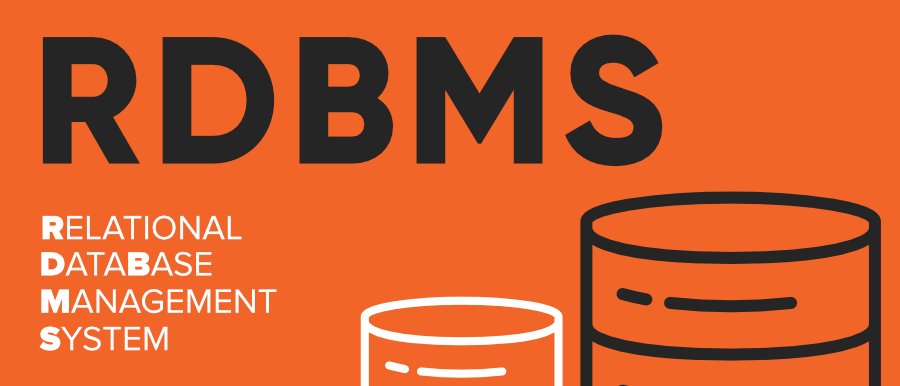Course Summary
Advanced accounting is 5 credit course. Preparing final accounts of partnership firm on admission, retirement, death and dissolution of a partnership firm & Preparing Company final accounts as per Schedule III of the companies act, 2013 including various accounting entities on issue of share and debenture are covered in the syllabus.
- Teacher: RUPINI B
The Course
Preparing the individual for entering the job market in all preparedness is the prime outcome of Higher Education. This course develops the professional skills required to venture into a successful career, by equipping students in career and team skills. Since an individual should be able to demonstrate intuitive, logical, critical thinking, communication and interpersonal skills, it becomes imperative for students to acquire these skills and be ready to face the competitive world outside.
Course Description
The Course Professional Skills is divided into two parts:
a) Career Skills
b) Team Skills
The Career Skills component empowers an individual to prepare an appropriate and effective Resume, prepares students to face interviews confidently and also to participate in Group Discussions. It also helps students to identify their innate strengths and weaknesses.
The team skills component prepares students to strengthen their team skills. Collaborating and working together can assist in resolving complex problems, which allow individuals an opportunity to articulate new ideas and perspectives. It allows the learner to design, develop, problem solve and adapt to situations based on their experience and skills.
Course Outcomes:
At the end of this course the students will be able to:
· CO1: Prepare their resume in an appropriate template without grammatical errors and using proper syntax.
· CO2: Participate in a simulated interview.
· CO3: Actively participate in group discussions towards gainful employment.
· CO4: Capture a self-interview simulation video regarding the job role concerned.
· CO5: Enlist the common errors generally made by candidates in an interview.
· CO6: Perform appropriately and effectively in group discussions.
· CO7: Explore sources (online/ offline) of career opportunities.
· CO8: Identify career opportunities in consideration of their own potential and aspirations.
· CO9: Use the necessary components required to prepare for a career in an identified occupation ( as a case study)
SECTION III: Student and Instructor Responsibilities
The Instructor is expected to
1. Share the Course Objective and the Unit Objectives with the students
2. Be on time to the classroom
3. Engage the students in enriching learning experience through facilitating, teaching, mentoring and counseling
4. Recapitulating, recalling and revising what is taught
5. Be mindful of the decorum and maintain composure throughout the session.
6. Be approachable to students for clarification of doubts
The Students are expected to (Guidelines on Classroom participation)
1. Come prepare to learn new concepts
2. Be in time to class
3. Respect Faculty and her/his peers
4. Come with the Textbooks the note book and the necessary stationery
5. Perform and submit the assigned tasks
6. Submit assignments on time
7. Abstain from misbehavior and bullying.
No of sessions: Minimum of 26
Number and Titles of Modules
CAREER SKILLS
Module1: RESUME SKILLS
Module 2: INTERVIEW SKILLS
Module 3: GROUP DISCUSSION SKILLS
Module 4: EXPLORING CAREER OPPORTUNITIES
TEAM SKILLS
Module1: PRESENTATION SKILLS
Module 2: TRUST AND COLLABORATION
Module 3: LISTENING AS A TEAM SKILL
Module 4: BRAINSTORMING
Module 5: SOCIAL AND CULTURAL ETIQUETTES
Module 6: INTERNAL COMMUNICATION

- Teacher: Dr MICHAEL PREETHAM JAKKULA
The course addresses the English language needs of the students at the undergraduate level. The focus will be upon four categories: Prose, Poetry, Vocabulary, and Grammar. In addition to these, the last two units focus on developing the writing skills of students by including essay writing and report writing. The content of the text raises questions of how English is used in India versus how it ought to be used and thus engaging the debates about a “standard English” and the need of adapting English to the local cadence and culture of India. Similarly, the British and American variations of the language are included to orient the students to broaden their view of English as an international language. Overall the course will focus upon the critical thinking faculties of the students concerning academic, linguistic, political, literary, and ethical concepts.

- Teacher: VISHNU PRIYA T. P.
Course Summary: This course introduces the core principles and techniques required in the design and implementation of database systems. This course focuses on relational database management systems, including database design theory: E-R modelling, data definition and manipulation languages, database security and administration. It also covers essential DBMS concepts such as: Transaction Processing, Concurrency Control and Recovery and various types of databases like distributed database, and intelligent database, Client/Server. It also provides students with practical skills in the use of databases and database management systems in information technology applications.
Course Objective: The objective of the course design is to make students understand the importance of data and its management and to acquire basic conceptual background necessary to design and develop simple database system, Relational database mode, ER model and distributed databases, and to write good queries using a standard query language called SQL. Students will learn basic fundamentals of database management, why the management is required and how the data can be actually managed in the real world using various software like MySql. Constructing queries and handling the errors while constructing them will be the major learning of the course.

- Teacher: MAHANTA CHAUHAN